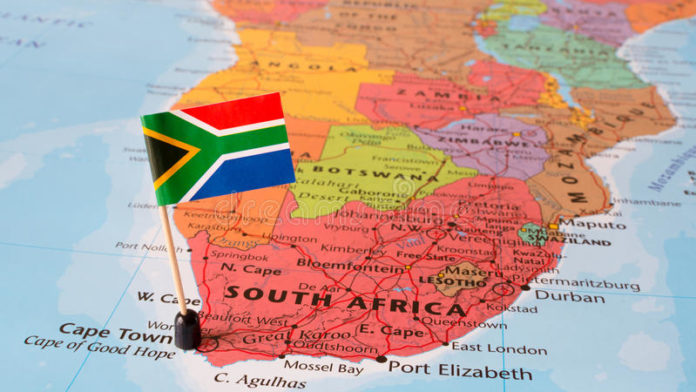
SHARES in Sibanye-Stillwater have been charting a course north for most of the year, the Covid-19 equity shock in March notwithstanding.
However, it could do better, according to the firm’s CEO, Neal Froneman. He told Miningmx in an interview following the firm’s interview results presentation in August that his company lagged peer group rivals such as AngloGold Ashanti as well as – surprisingly – Impala Platinum and Anglo American Platinum.
You would think investors rate Sibanye-Stillwater’s platinum shares as highly as other South African comparable counters; but no, argues Froneman. Indebtedness and, until recently, a vacancy of shareholder payouts, have been factors in relative under-performance. Yet Froneman insists the firm’s South African exposure is part of the risk mix, as it were, even as the firm tackles debt.
The recent resumption of an interim dividend will help unlock the discount, said Froneman – but risk associated with South African government corruption, and regulatory uncertainty, are interminable, insoluble problems for the mining industry’s Mr. Fixit, as Froneman is sometimes referred.
“Investors do not want to put money into South Africa and it’s because they hear about expropriations and they don’t care whether it’s land or it’s an asset,” he said.
Land is back on the national agenda after President Cyril Ramaphosa committed to finalising rules of expropriation whilst in the Johannesburg and Cape Town metros, illegal land grabs have been on the up, especially during the Covid-19 pandemic, underlining the broad thematic role land ownership plays in South African society.
Froneman says the matter isn’t being dealt with in a way that’s sensitive to offshore investors, however. “When you use the word ‘expropriation’ and then you add: ‘without compensation’, they [investors] don’t want to put their money into an entity like the JSE, even if it’s well run,” he said.
Answering analyst questions, Froneman was also outspoken about the recent condition placed on the sale of assets by AngloGold Ashanti to Harmony Gold.
Imposed by the South African government, the condition forced AngloGold to agree to retaining its Johannesburg central headquarters as well as its primary JSE listing, even though there are a number of rival Toronto-listed gold companies considering a UK listing in order to fill a vacuum for a large or mid-cap gold firm.
Froneman said he wasn’t planning moving Sibanye-Stillwater’s primary listing from the JSE, not yet. “It’s something that we aspire to sometime in the future.
“I don’t believe that doing that before you have a portfolio of assets where the majority are in the appropriate jurisdiction – and that depends where you are listing. But until you a majority of your portfolio outside of South Africa, it would make no sense for us.”
Sibanye-Stillwater’s assets are on the west Rand gold mining district and the platinum mines of Rustenburg in the North West province, though it also owns Stillwater Mining in the US. It also has a 50.1% stake in DRDGOLD which has gold retreatment assets on the East Rand.
It’s CEO, Niël Pretorius, says that unlike Froneman, geopolitical risk isn’t a major deterrent to his investors, but he does think it will influence the company in making new investments. “It’s about doing the responsible thing. Would it be responsible to invest R2.5bn to R3bn (as DRDGOLD plans to do from next year for three years) when you have expropriation with compensation?” he said.
Not all mining CEOs think this way, though. Paul Dunne, CEO of Northam Platinum, told Miningmx in August his company was “fundamentally South African”, although investor certainty was the ongoing narrative among investors in South Africa. “It remains problematic,” he said of policy uncertainty.
Draft tax legislation and questions about the job security of Ramaphosa – recently soothed following a meeting of the ANC’s National Executive Committee – remain investment hazards. “We have to look at legislation and link it to job creation,” said Patrice Motsepe, executive chairman of African Rainbow Minerals.
Said Froneman: “When you talk about expropriation you’re making it less palatable for investors – don’t do that. If you need to deal with land issue, find different terminologies. Stop talking about white monopoly capital and all these things.”











